Course Overview
Course Duration & Schedule
- Duration – 24 weeks
- Weekly one class of 3 hours duration
- Practice tests – once a week
- Handouts as notes for reference
- Course completion certificate
Eligibility and Prerequisites
Familiarity with using a computer, operating systems like Windows, macOS, or Linux, and basic file operations. A solid understanding of algebra concepts, including variables, equations, and basic functions.
Course Overview & Syllabus
Foundations of Computer Programming course typically aims to introduce students to the core concepts and techniques of computer programming, often focusing on the basics of coding, problem-solving, and algorithm development. The course is designed for beginners or those looking to solidify their understanding of programming concepts.
- Introduction to Programming Concepts
- Programming Languages Overview – C, Java, Python
- Problem Solving Techniques
- Concept of Object Oriented programming
- Data Structures and Algorithms
- Programming in Java
- Version Control with Git
- Library and API based programming
- How to debug and test programs
Career Opportunities after the Course
Upon completing a Foundations of Computer Programming course, students acquire a strong foundation in coding, problem-solving, and computational thinking. Potential career paths include:
Software Development
- Web Developer: Create and maintain websites and web applications.
- Mobile App Developer: Develop applications for smartphones and tablets.
- Game Developer: Design and program video games.
- Software Engineer: Build software solutions for various industries.
- Full-Stack Developer: Work on both the front-end and back-end of web applications.
Data Science and Machine Learning
- Data Scientist: Analyze large datasets to extract insights.
- Machine Learning Engineer: Develop algorithms that allow computers to learn from data.
- Data Analyst: Collect, clean, and interpret data to inform business decisions.
Cybersecurity
- Cybersecurity Analyst: Protect computer systems and networks from cyber threats.
- Ethical Hacker: Identify vulnerabilities in systems to improve security.
Other Tech Roles
- DevOps Engineer: Manage the deployment and maintenance of software.
- Cloud Engineer: Design and implement cloud-based solutions.
- IT Consultant: Provide technical advice and solutions to businesses.
- Technical Support Specialist: Assist users with technical issues.

